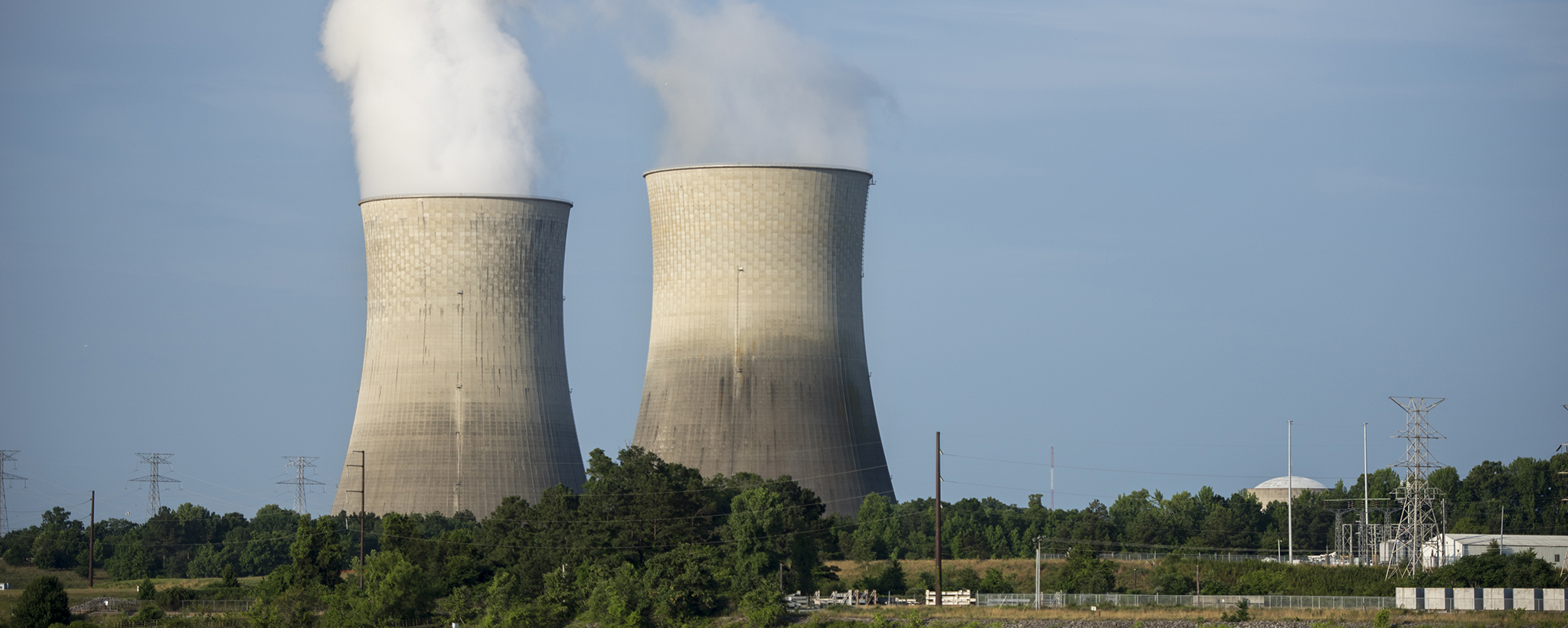
Watts Bar 2: Economic Catalyst for the Tennessee Valley
- New industry attracted to area “creates customers for us”
- Nuclear plants’ reliability vital for high-tech businesses
- Clean energy important for region’s environmental goals
By Mitch Singer of the Nuclear Energy Institute
Aug. 22, 2016—If you believe that only large bulk users of electricity will benefit from the imminent commercial operation of Watts Bar 2—the first U.S. nuclear power plant to open in 20 years—you may wish to consider the viewpoint of David Snyder, president and chief executive officer of RevTel Inc. The provider of phone lines, private networks and internet services has but six employees in offices in Dayton and Cleveland, Tennessee.
![TVA Senior Vice President of Operations and Construction Mike Skaggs inside Watts Bar 2’s reactor containment during a tour earlier this year. The plant is expected to begin full commercial operations shortly. [Photo: Doug Strickland/Times Free Press]](https://rheaecd.com/wp-content/uploads/2016/09/WattsBar_NEO.jpg)
“But these large companies create customers for us with more direct employees, more insurance agents, car dealers and restaurants. We’ve enjoyed steady growth in my business since 2007, which coincidentally is when TVA decided to move ahead with Watts Bar 2.”
Snyder’s insights on the economic chain reaction are supported by the Cleveland-Bradley County Chamber of Commerce, whose data shows there has been $3.2 billion invested in the area since 2009. One of the biggest examples is Wacker Polysilicon North America LLC, which invested around $2.5 billion in the county to build a new plant that provides hyperpure polysilicon for solar power panels and semiconductor electronics. The plant began operating in 2015 and eventually will have 650 employees. Access to available and reliable electricity was a key factor in the company’s decision to locate to Bradley County.
![Wacker’s $2.5 billion, 650-employee polysilicon plant in Bradley County is powered by TVA’s Watts Bar and Sequoyah nuclear plants. [Photo: Chattanooga Times Free Press]](https://rheaecd.com/wp-content/uploads/2016/09/Wacker_Nea650px.jpg)
Wacker’s facility needs so much electricity that there is a direct 500 kilovolt distribution line from Watts Bar and Sequoyah. In fact, the Wacker facility needs from 20 percent to 25 percent of the full capacity of a nuclear power plant, Farlow says.
Other large users of electricity in the Tennessee Valley include Fortune 500 companiesWhirlpool Corp., Archer Daniels Midland Co., and Merck & Co. Inc. Other prominent companies in the area are Mars Chocolate North America and Olin Corp.
The construction phase of Watts Bar 2 was a big boost to the local economy in Rhea County, and that will continue as the plant moves toward full commercial operation this summer, Rhea Economic and Tourism Council Executive Director Dennis Tumlin says.
“I see a two-fold benefit to Watts Bar 2 being in operation,” Tumlin says. “In addition to continued industrial growth, we’ve seen expansion of support businesses—and we’ll get a boost [from] refueling outages for both plants.”
Watts Bar 1 began operating in May 1996. When Watts Bar 2 joins its sister later this summer, the two reactors will power about 1.3 million homes and businesses in the TVA service area. With an average availability exceeding 90 percent, the nation’s nuclear plants provide more than 60 percent of all carbon-free electricity in the United States—the largest source of zero-emission electricity. These attributes are an attractive feature to companies locating in the Tennessee Valley.
“Clean energy is a big issue for the Tennessee Valley, as we’re surrounded by mountain ranges and have significant air quality issues,” Farlow says. “With nuclear we have a reliable source of clean electricity. That is a big selling point, as many of the companies that locate here are environmentally conscious.”
As an example, Wacker’s manufacturing processes limit waste material through a closed loop system that uses various technologies “to recycle and reutilize by-products to the process,” Wacker’s website says.
More recently, environmentally steadfast Google announced plans in late 2015 to open a data center in Clarksville, Tennessee, near Nashville, joining a similar data center also announced last year for Bridgeport, Alabama—all of which will be served by TVA’s nuclear plants.
RevTel’s Snyder likes that the overwhelming majority of his electricity comes from “green power,” like nuclear and hydroelectric plants. But equally important to the company is the plants’ reliability—RevTel has significant investments in sensitive electronic equipment that can be severely damaged or broken if the area suffered extended power outages.
“I have no concerns that the needs of large plants and new industry can’t be met in my local area, and if economic growth were to go into overdrive here I’m confident that TVA has plenty of capacity to meet the demand,” Snyder says.
“Watts Bar 2 will ensure that we won’t have to deal with rolling blackouts or brownouts that could have a severe impact on my equipment for decades to come.”

Write a Comment